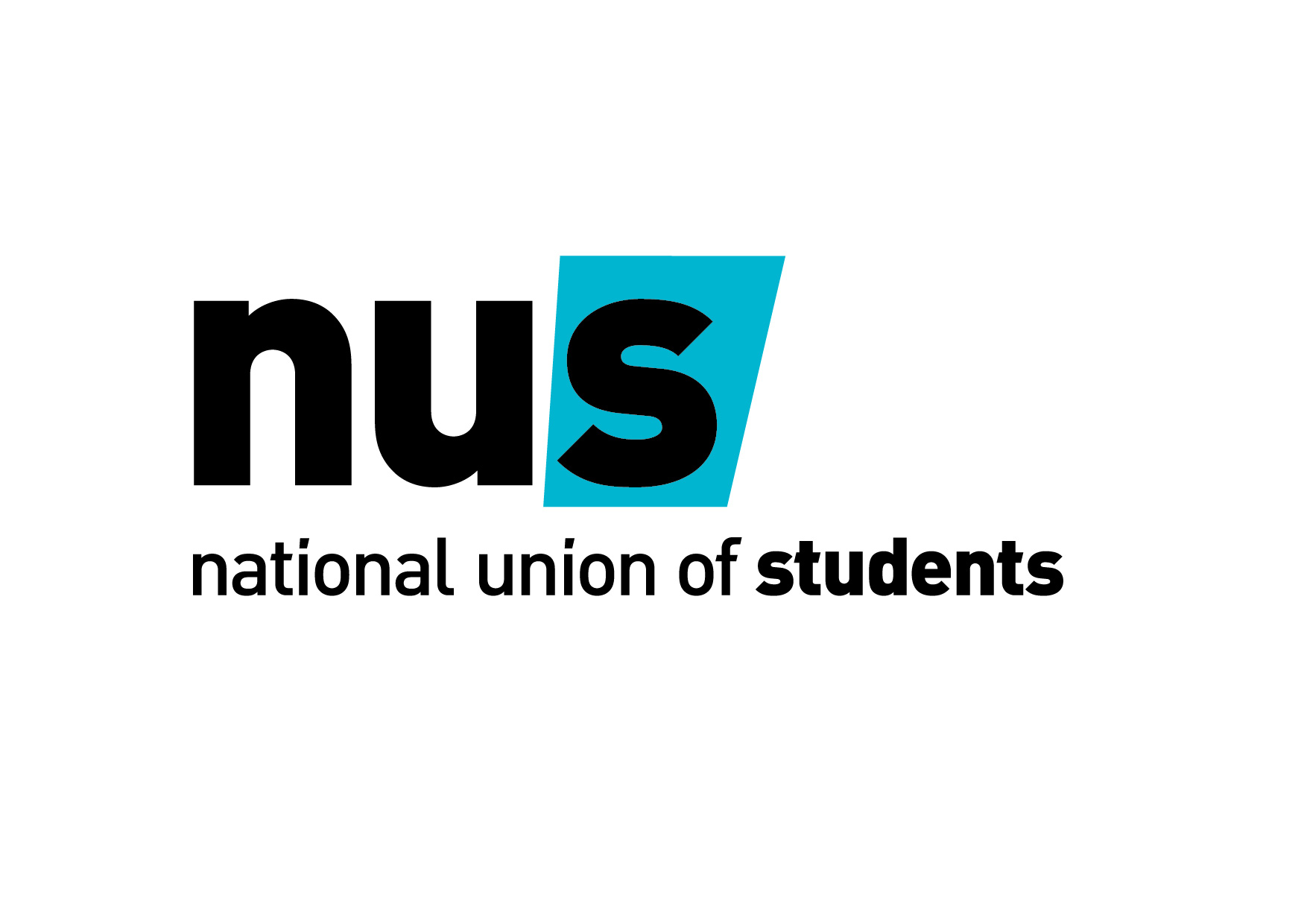
May 30, 2016, by Emily Howard
NUS: In or Out?
The Brexit debate isn’t the only referendum that students face in the upcoming weeks; another ‘In or Out?’ campaign revolves around student union membership of the NUS. From Wednesday 1st June until Thursday 9th June, Nottingham students will be able to vote ‘yes’, ‘no’ or ‘abstain’ in response to the question, ‘Should the University of Nottingham Students’ Union continue to be affiliated to the NUS?’
Many students have been disheartened with the work being done and position being promoted by the current NUS. The outspoken dissatisfaction of many students with how the current NUS is governed have been catalysed by the new NUS President, Malia Bouattia, who faces allegations of anti-Semitism. With such an active Jewish demographic at Nottingham (JSoc), the allegations facing the NUS President are likely to have a strong impact on Nottingham’s vote – indeed, it is these allegations which influenced the University of Cambridge’s decision to hold a referendum on NUS affiliation.
Despite the fact that having a black, Muslim, female NUS President is a highly commendable stride for diversity, equality and representation, there are fears that the current NUS method of representation is actually, well, not so representative. Earlier this year, the NUS LGBT+ Conference passed a motion advocating the exclusion of gay men from the role of delegates, based on the the argument that gay men don’t face oppression. Of course, even white gay men would admit themselves that they occupy a position of higher privilege than black gay women – but their opinions are surely still equally valid. When discussion turns to whose oppression is worse, the unity which holds us together to strive for greater freedom for all is dangerously broken.
These are only a few of the problems that some students have with the current NUS. Further to the alienation which many feel can be added the controversy around ‘no-platforming’. It is not surprising that many students’ unions are joining Cambridge and Nottingham in holding referendums – others include Oxford, Lincoln, Manchester and Exeter.
On the other hand, a national organisation for students is undeniably important if we want to have an audible political voice. Responding to policies and debates surrounding education – tuition fees, lecturers’ pay, research funding – and even national and international political discourse (let’s face it, the EU outcome is likely to determine the futures of young people above all) is surely a more pressing cause for a national union of students than bickering over who to allow to speak on campus. Speculation has arisen as to whether mass disaffiliation from the NUS would lead to the conception of multiple national student organisations, similar to the various unions offered to teachers. After all, not all students share a single, unanimous opinion.
Worries about disaffiliation are reminiscent of those concerning EU membership. Is it better to vote in, and reform from within, or vote out in the hope that evident dissatisfaction will lead to reform? Personally, the choices are themselves unsatisfactory. Add a ‘reform’ tick-box, and I’m sure many would speak out in favour. The choice offered is one of which students must inform themselves, and formulate their own opinions and solutions in response.
Use your vote between 1st-9th June. For more information, attend the debate on the referendum on 6th June, 3pm, in Sir Clive Granger A48; or read the SU’s overview here.
No comments yet, fill out a comment to be the first

Leave a Reply